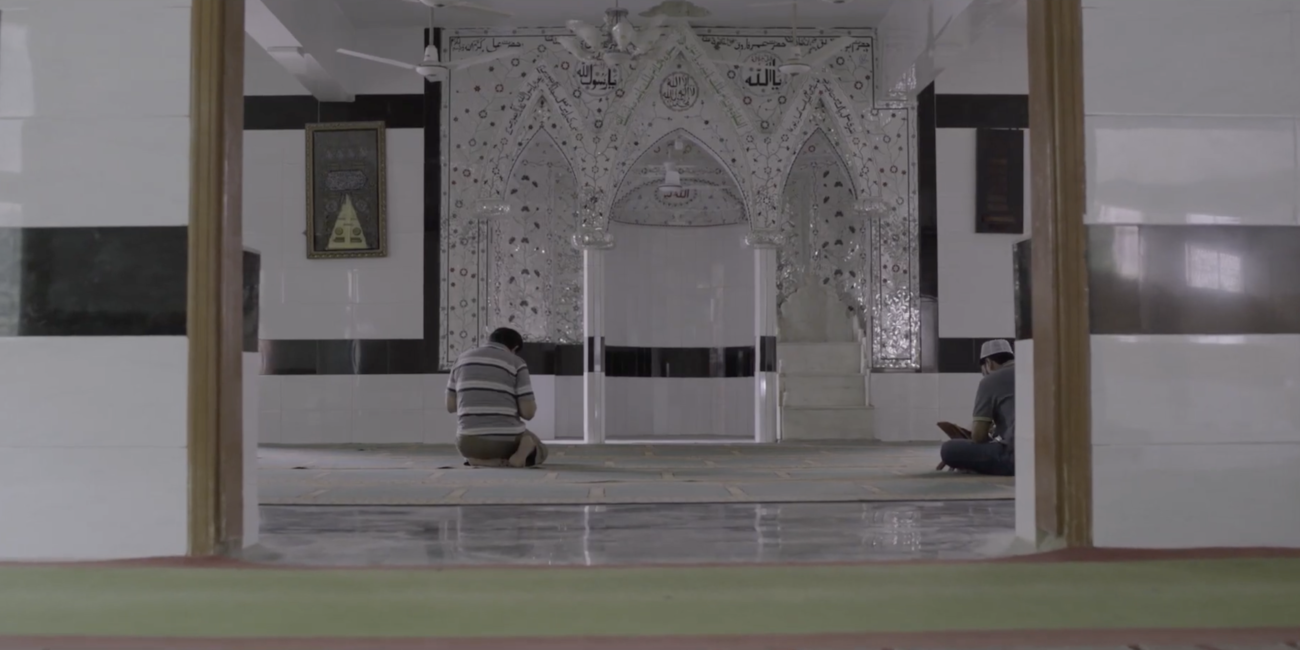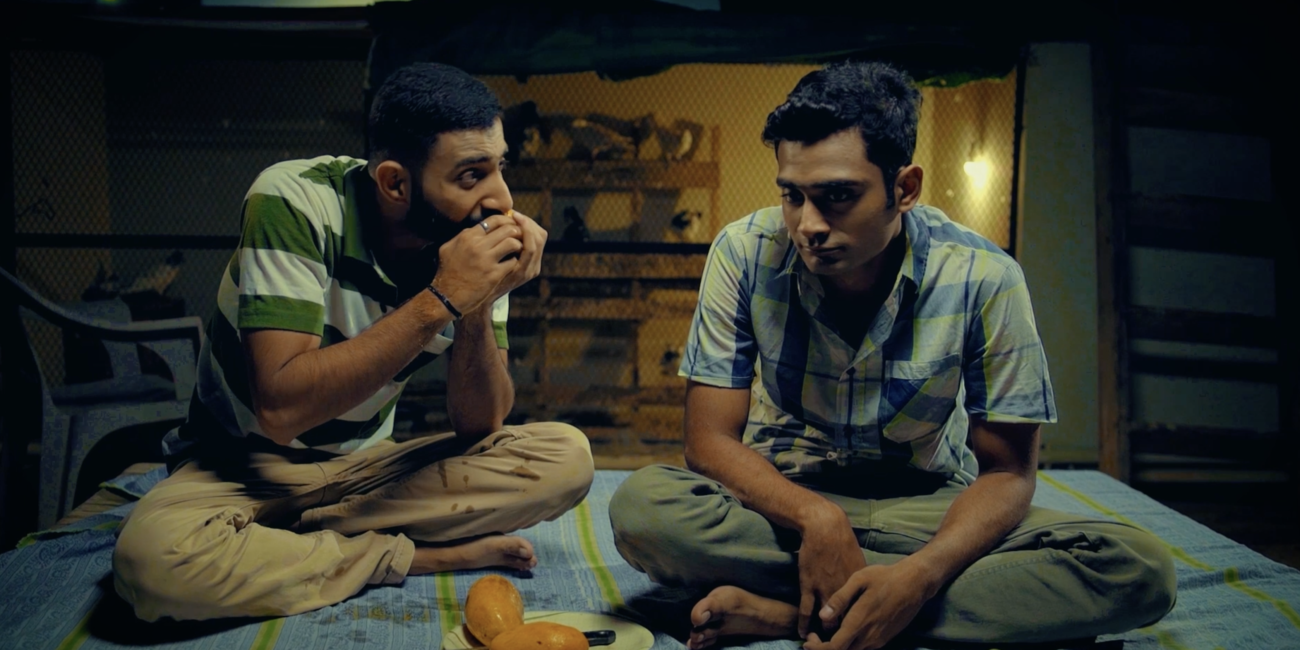Pakistani short/Drama
For the love of god
40 year old Ahmed faces inner turmoil when his younger brother, Taqi decides to convert to Christianity from Islam so he can marry Ruth. His troubled state leads him to approach the Maulana (Priest) of his local mosque. In the name of religion, the Maulana convinces him to shun his brother to an unimaginable fate. Completely unaware of their scheme, Taqi plans excitedly, for a new life with the girl he loves.
If you enjoyed For the Love of God, consider donating to help Hammad make more films.
Directed by
Hammad Wasti
Starring
Ejaz Khan
Najma Kifayat
Rizwan
language
Urdu
FILMED IN
Karachi, Pakistan
ON the film
For the Love of God is a Pakistani short film which portrays honor killings in a respectful and contemplative approach. As a short, the film nonetheless has a dense awareness of the seriousness of religious intolerance in Pakistan toward Christians in its society. The film tells a story between two brothers who have already reached a crossroads (they are never in the same shot together) as one decides to convert to Christianity to marry someone he loves, while the other feels alone in his community and his beliefs. While it could be argued that both brothers turn their backs to each other for what they believe in, director Hammad Wasti does well at dismantling hate under any name to be associated with an act of love to anyone, especially a divine being.
For the Love of God starts with a brother’s attempt to contact his younger brother, a call which not only goes unanswered but leads to the younger brother taking the sim card out of his phone. The subsequent montage of the younger brother, Taqi, packing with a small smile and growing determination. After taking down photos, Taqi sits by the window drinking milk and smoking a cigarette. While it’s still unclear what the event provoked the move and avoidance of his brother, Ahmed, the film’s understated tone indicates there’s some level of disillusionment. The tight shot of the neighborhood from Taqi’s window pane in this scene is followed by a shot of Ahmed at the masjid, praying. A retrospective look at the film implies there’s a symbolic distance from the city and the religion in this progression of images.
The audience follows scenes of Ahmed in the masjid, at the butcher’s, and in the streets with furrowed brows. He gets looks from others, the kinds that are made to tell the other person that their shame is well known to others; as though one is already seen to have been an example of. At the butcher’s is where he has prolonged judgemental contact with another person who smokes and smiles. The film shows a halal slaughtering of a chicken on camera (its full shot shortened on this platform), where the red of the blood is the strongest color in the film. It’s as though the color gives clarity to Ahmed, or at least a clear idea of how to respond to the shame he’s receiving and feeling. In the meantime, Taqi is doing namaz, crying into his hands as he does dua. Later, Ahmed shaves around his neck, careful not to cut himself. That night, Ahmed has a silent dinner with his wife, where he is supposedly eating the chicken. He slams his hands on the table and leaves.
The next day, Taqi checks himself in the mirror, making sure his tie is on right. He really looks at himself and his smile fades to what could be doubt, or simple apprehension. This is followed by Ahmed sitting on the floor giving his hand to the mulvi, who sits on a step. The mulvi consoles Ahmed, then gives a nod to a group of men nearby. They move slowly and not with joy, falling into the essence of the film’s tone up to now.
The shift in energy occurs at the church, where Taqi stands in front of Ruth before a minister. From the color palette to the use of dialogue and nondiegetic sounds (the film had not had verbal conversations and only had environmental sounds), the film begins to feel different. The question, “what was Taqi running from?” is answered and why? For someone who sees loving him as an expression of loving God. Ruth’s loving tone voiceover is cut short when she is dragged out of the car. The film ends with a tragedy, as the couple is led to a desolate area and slaughtered, in the way the chicken had been.
The film leaves the audience with strong emotions and a bitter insight into the realities of religious injustice in Pakistan, both of which are imperative to driving conversations. The justification behind honor killings is always baseless and Director Hammad Wasti obviates in an otherwise tame film, how such excuses are inhuman.
The film shows how the couple are not humans, but animals whose lives can be compromised because of societal insecurities. Wasti challenges the notion behind religious honor killings as satisfying any duty other than attending to one’s desire to escape public scrutiny.
Wasti, in an innocuous and ethereal moment, shows that moving in the direction of love is an act of showing God love; an act that is more meaningful in its purpose than the taking of life. If anything such an act is an attempt to suppress love, which is all the more shameful.








trailer
About the Director
Hammad Wasti is a Screenwriter, Producer, Director, and Visual Effects Artist. His inspiration for making this film was to address religious and political turmoils of Pakistan.
To find updates on his work, connect with him on LinkedIn.
Help Hammad continue making work like For the Love of God by donating today.







